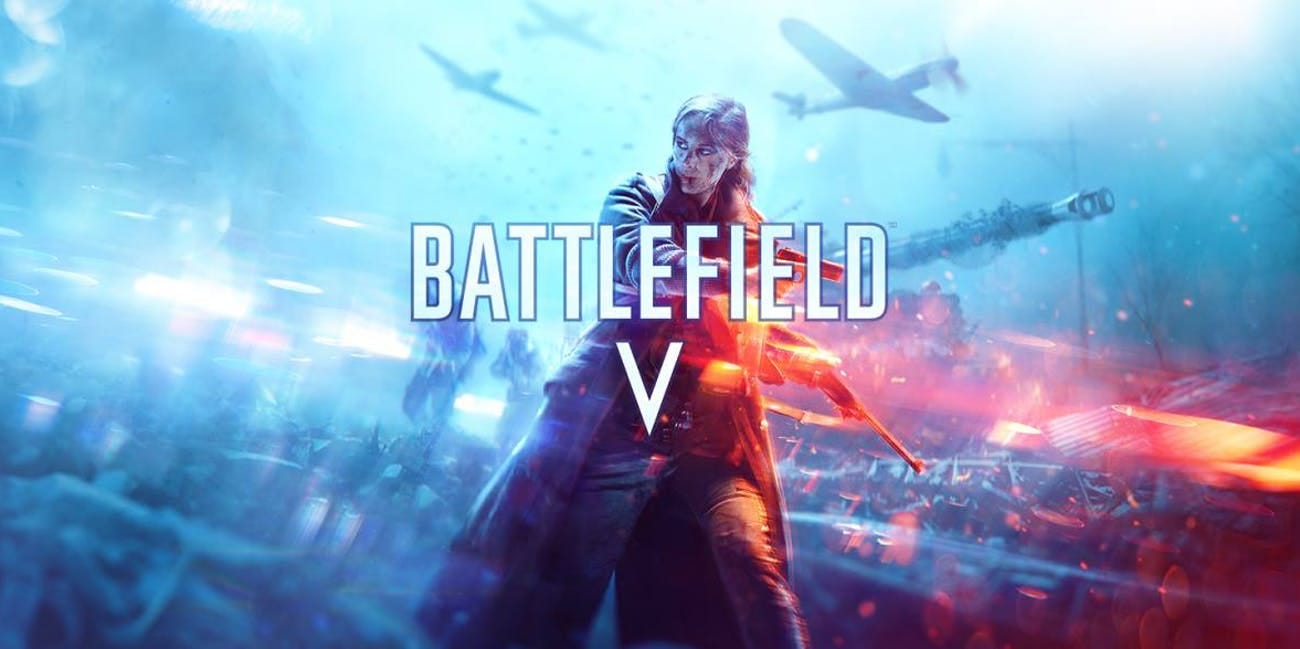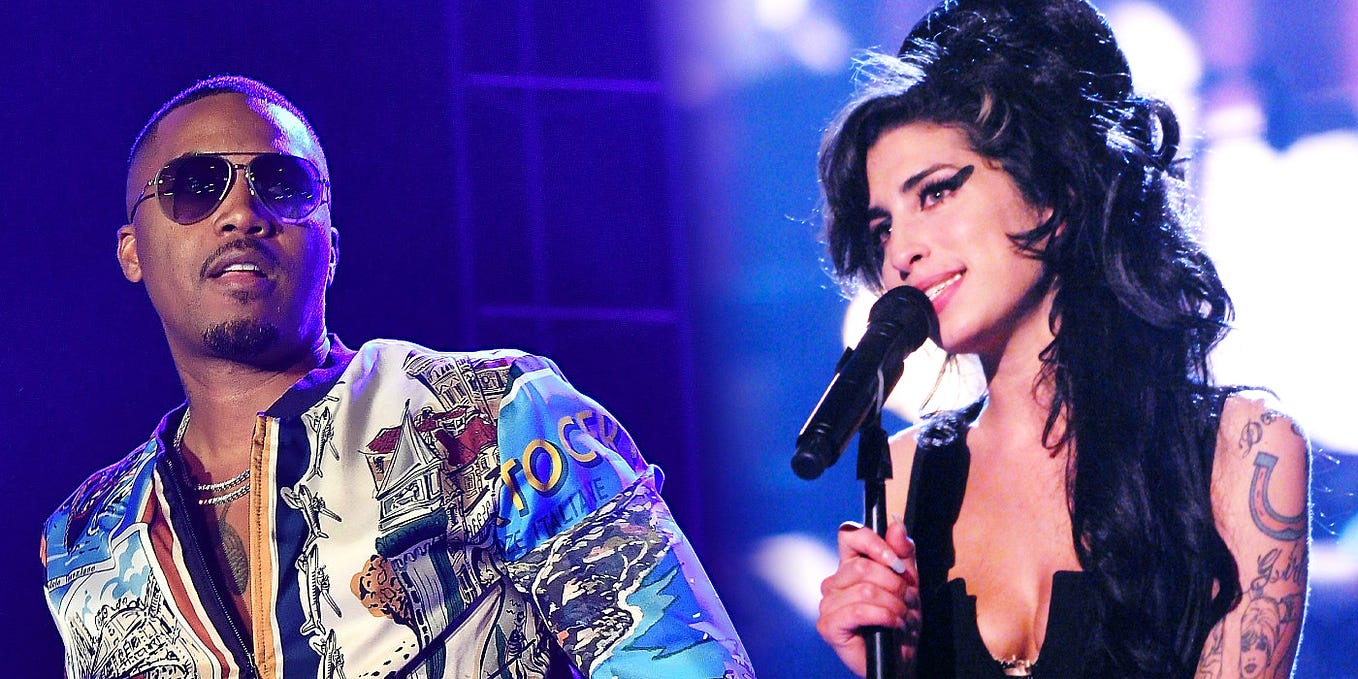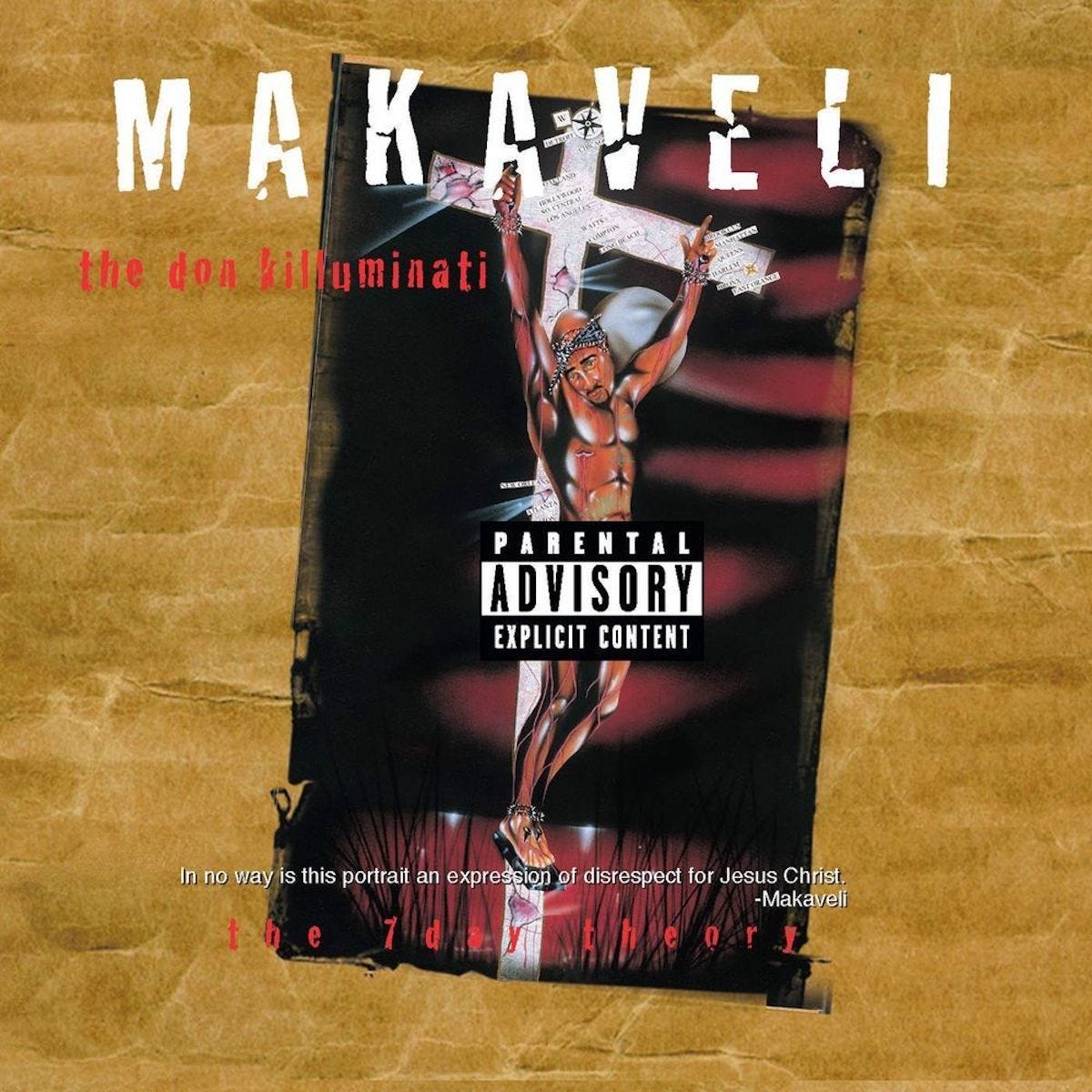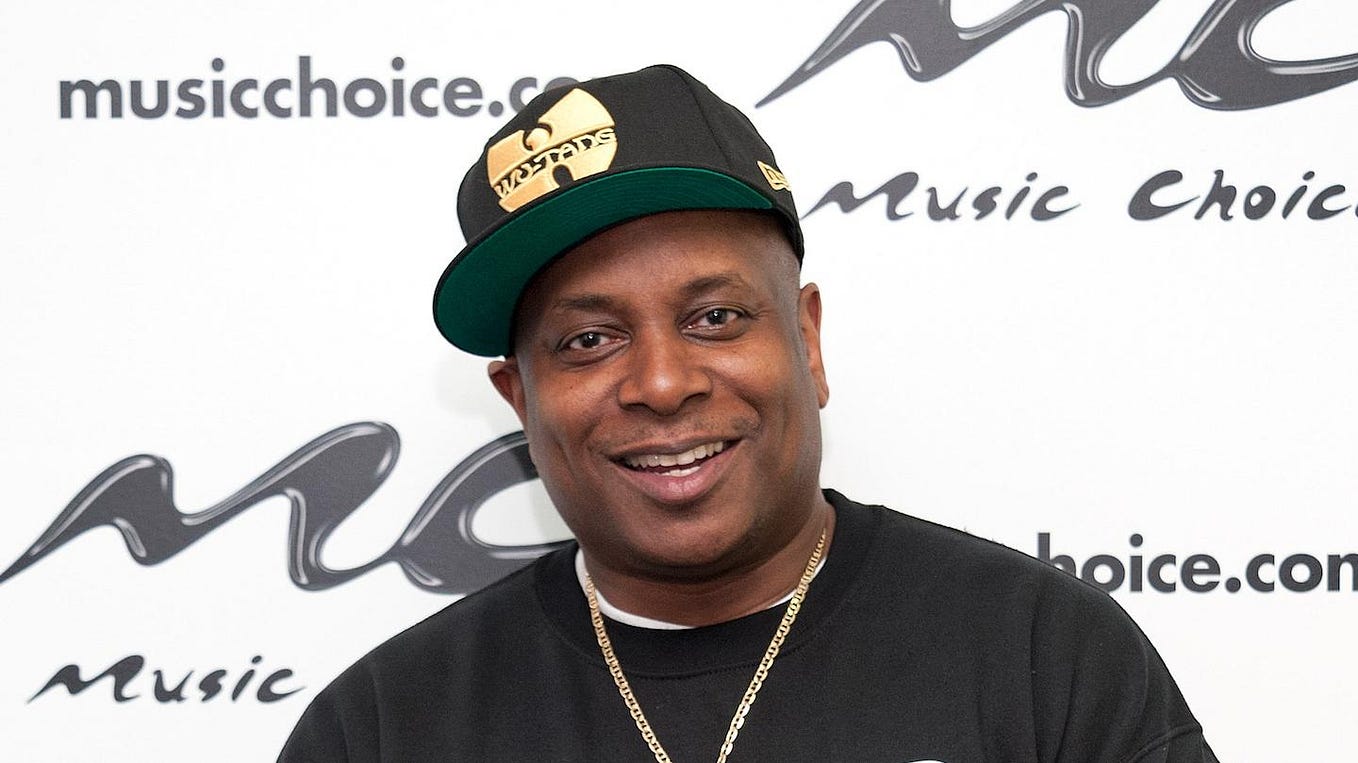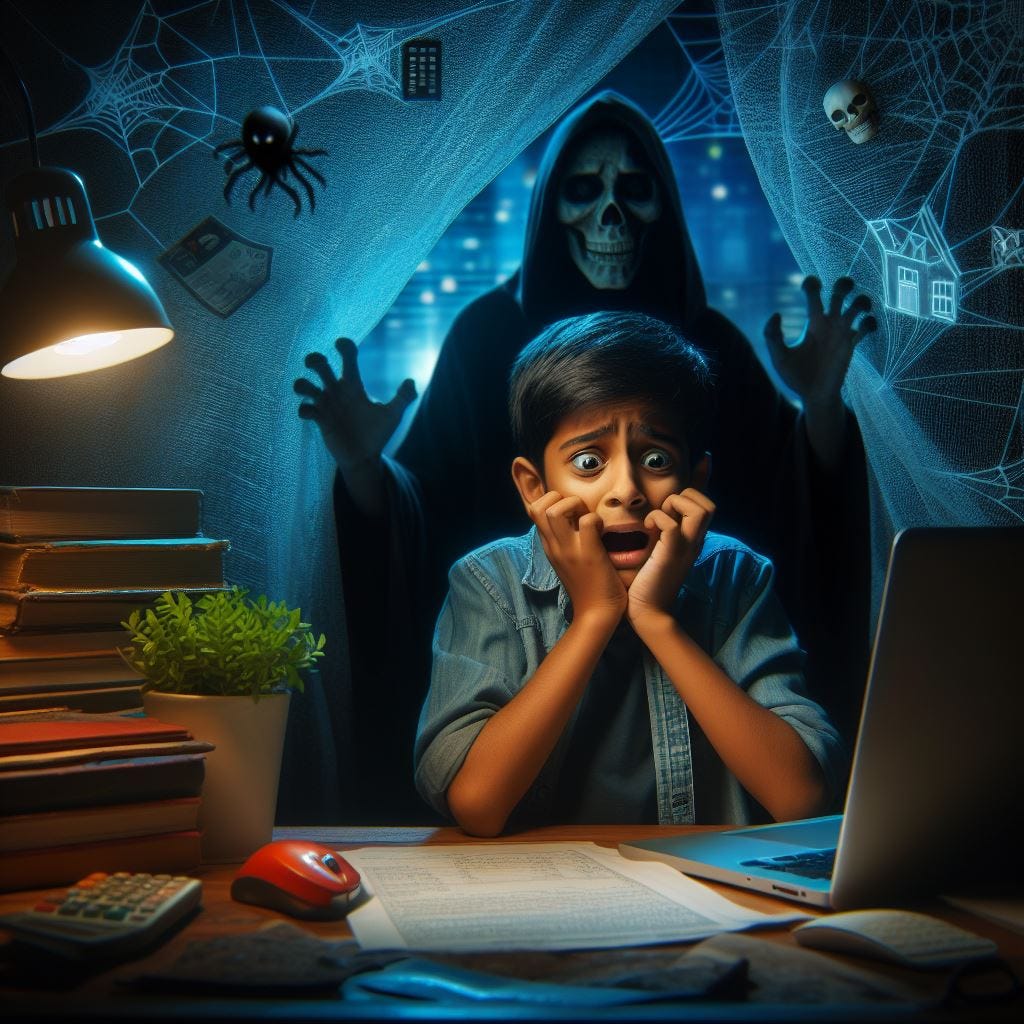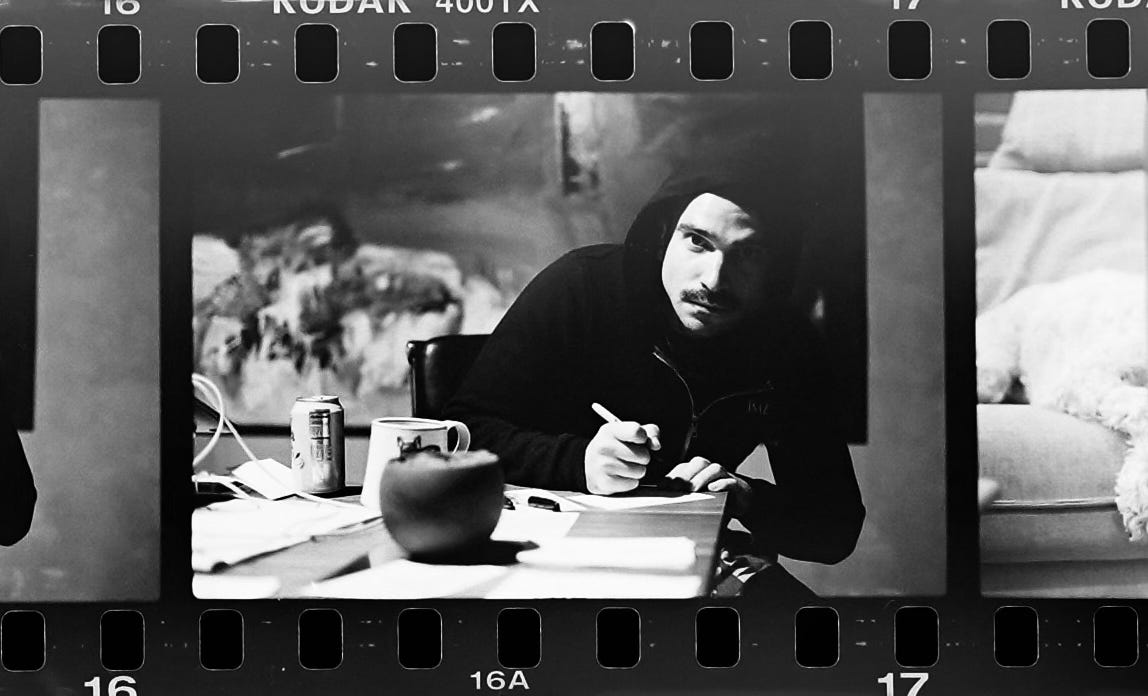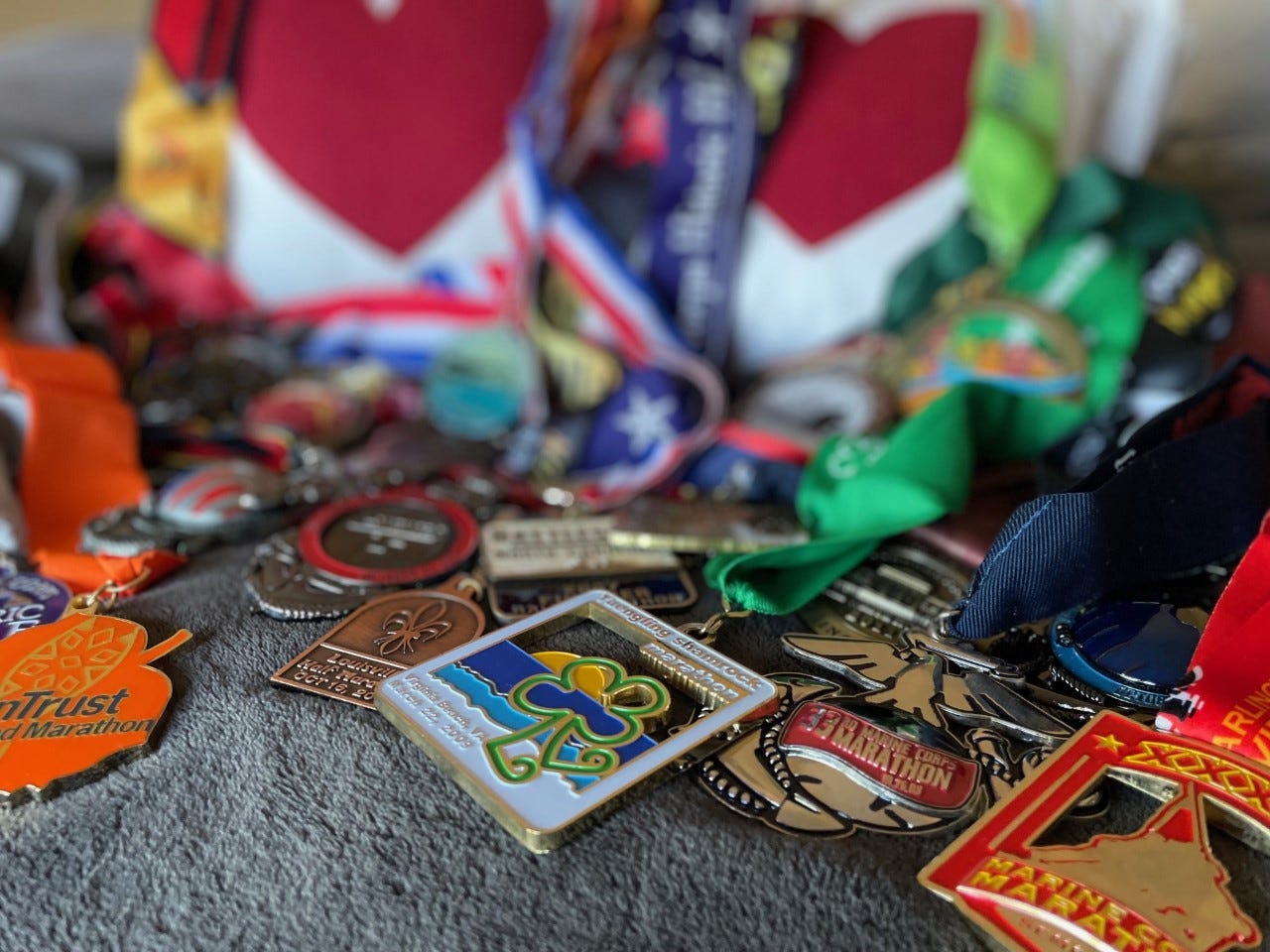Deric ‘D-Dot’ Angelettie Describes How The Hitmen Defined The Illustrious Bad Boy Era
The legendary production crew provided the soundtrack to one of rap’s strongest empires
Bad Boy. They’re just two words to folks who don’t have a clue. To everyone else it’s more than the name of a record label founded by Sean “Puffy” Combs. Its music portrayed a lifestyle dipped in lavishness yet still attached to the streets. We’ve partied and head nodded to Bad Boy’s output for over twenty years. That said, do we really know The Hitmen: the authors behind most of the label’s greatest songs? Not well enough, apparently.
The Hitmen command respect but it’s always welcome to get a rare look into how they made their magic. Deric “D-Dot” Angelettie, captain of The Hitmen, recently lifted the veil on the group’s accomplishments to us alongside his own war stories.
Bad Boy’s polished image preceded the label as its run matured. However, D-Dot dispelled any notion suggesting Bad Boy forced The Hitmen create songs to make you shake in your shiny suit. “Everybody created what they felt. You weren’t told or had to make anything specific. Your vibe was your vibe. That’s why you were chosen to be a Hitman because each one of us had a vibe that was unique and you weren’t going to get the same thing from any of us.”
Check our playlist below and he’s spot on. There’s a real disconnect between the often parodied glossiness attached to Bad Boy and The Hitmen’s resume. Sure, smashes like “More Money, More Problems” and “Hypnotize” are synonymous with payday and tax refunds for us thousandaires. This is the same clique which could go just as hard as anyone with cuts like Nash Mack’s “Who Shot Ya” and Stevie J’s “Notorious Thugs.”
We can’t overlook their ability to switch gears towards R&B smoother than Pam Grier’s bed sheets either. Chucky Thompson’s largely responsible for blessing Mary J. Blige for the sounds fueling My Life, which is often heralded as her best album. Plus, he helped Faith Evans transition from being Mary’s backup singer to a star with her debut single “You Used to Love Me.”
The Hitmen have range we’ve taken for granted over the years. The said songs barely cover the breadth of music the collective put out and they didn’t keep it all to Bad Boy artists, either. D-Dot offered a prime example of lending his talents elsewhere as he explained making “Where I’m From” for Jay Z’s In My Lifetime, Vol. 1. Puff’s touch on the project left a lustrous mark which became an odd fit for Jay in hindsight. Thankfully, D-Dot had an opportunity to counterbalance it with something far more sinister.
“Everybody created what they felt. You weren’t told or had to make anything specific. Your vibe was your vibe. That’s why you were chosen to be a Hitman because each one of us had a vibe that was unique and you weren’t going to get the same thing from any of us.”
“My sound is more like Nashiem. I’m more grimier hip-hop, that’s where I’m from but I love to dance and I love money. Puff said ‘if you can combine those two with what you do, you can be an asset to me…’ So when it came to Jay, I wanted to make sure that I gave him a classic, not some shit you weren’t going to hear two years from now.”
Any producer aimed to make a classic for a once-bubbling artist like Jay Z. How could he have been so sure “Where I’m From” would become one of Jay’s most memorable recordings? “When I rap over it,” D-Dot delivered with certainty. “I’m a rapper...I’ll write different flows and come up with choruses and see how it feels...So even if they come in and do something different, as a producer I still want to steer the record in a certain direction because I need to [see] it in a certain way.”
The Madd Rapper further explained how The Hitmen were a collection of “in house” producers for Bad Boy but weren’t exclusive to the label. However, he mentioned instances where beats Puff passed over got shopped elsewhere and blew up.
Deric remained candid about how Puff responded. “Most of the time it was like hate. Not hate in a real hate but like I said, Puff is and was a really busy dude. So if you played a beat for him on Monday and he wasn’t feeling it that didn’t necessarily mean he wouldn’t feel it on Friday.”
D-Dot recounted a unique case with Tracey Lee’s “The Theme (It’s Party Time.)” He never played it for Puff but it turned into an anthem for the then-new rapper. “I got really hated on because he felt like he should have heard that first. I told him I was never obligated to get everything to him first because of how he’d hear things.”
He continued, “Sometimes I’d give him something and think it’s super hot and he’d just ignore it. If that’s the case then me as a producer, I didn’t really like that. It was like I played him beats and he’d like what he’d like, but if I want to do something for somebody else then that’s what I do.”
Angelettie depicted a fair picture of Puff. He didn’t dance around his words to smooth over any perceived rumblings from the past. Puffy set up a system for The Hitmen to succeed but, at his core, he’s a competitive person. So his reactions made sense and nothing reconciled like some heat lined up for the home team. “He got over it as long as you deliver something else. He’s cool.”
The Hitmen, by D-Dot’s account, also realized it was primarily in their best interest to work within Bad Boy’s walls anyway. For one, D-Dot told us Puffy had a great ear. Secondly, they’d have to deal with more hurdles with another label’s management before getting paid. “It was an immediate check if he liked it because he was right there. So why wouldn’t we play it for him first?”
Music production at Bad Boy required way more than just cranking out hot beats. The Hitmen understood the importance of not just melodies and choruses, but developing artists as well. D-Dot’s tale of how “Money, Power & Respect” provided a clear example of the label’s, and his, aim to make the best music and artists possible.
The song went from a blank slate to the apple of Mase’s eye as the rapper checked D-Dot at the studio one day. Then Puff thought Mase had too many hard records for his debut album. After that, the song ended up in The Lox’s hands after Angelettie played it for them.
“I’m a rapper…I’ll write different flows and come up with choruses and see how it feels…So even if they come in and do something different, as a producer I still want to steer the record in a certain direction because I need to see it in a certain way.”
Angelettie stated the group had a ways to go towards making the song as we know it now. “ Their hook writing abilities weren’t [where] they are now. So…me and Styles P, went in and we started the chorus. Then Lil Kim came in later and she added a little finishing touch on it and then we laid the chorus down. Then they wrote to it as a concept.”
The Lox, with D-Dot’s tutelage, knocked their second single out of the park. The song’s forever attached to the group’s legacy and The Madd Rapper felt he played a major role in their breakout. He served as an A&R for Bad Boy at the time so his hands steered their initial success regardless of his name crossing the single’s liner notes.
“It wasn’t like these people came to Bad Boy, or any artist back in the days not just them, [they] don’t really have a full vision of what they could be. They know who they are and obviously they know what they want to achieve but that doesn’t necessarily mean they’re going to get there.” D-Dot’s adamant at this point and in other instances where artist development arise. He declared artists need mentoring in everything from breath control to analyzing what a song communicates to the artist before writing.
Angelettie’s insistence on artistic growth didn’t stop with rappers and singers, either. He exclaimed producers have a much larger role than they realize in shaping records. Yet, due to how detached beat makers and artists are thanks to sending music online, he talked at length at how that convenience hurts the song making process.
“You don’t know what the producer looks like, you don’t know his skill set, you don’t know if he can coach you better, you don’t even know his name pretty much.” D-Dot went further. “It’s like there’s no need to be produced. All I need is your track and you can go about your business. They’ll take it from there. To me, in my opinion, technology ruined the A&R and producer/artist relationship.”
His insight into the downsides of lacking face to face contact turned us from interviewers into students. He told us there are more producers than ever before and the saturation drives down the value of their work. Meanwhile, rappers hold the power since producers can make a catalogue of beats and grossly undercut each other just to get placements. They’re not required to shape songs as much with talent as well. Thus they hold an array of abilities that’d brand them more as beatmakers rather than producers.
The distinction’s key to D-Dot and he initially struggled to come up with a solution for a problem that’s not new and only getting worse. Nevertheless, he pulled through with some wisdom. He encouraged aspiring producers to find artists with collaborate with exclusively on entire projects and provide input. “That way the whole album can be Swizz Beats-DMX type of thing or a 40-Drake type of thing where you’re putting your stamp on an artist’s name all the way through so you have a better chance of people coming to you.”
The Hitmen haven’t hung up their craft of cultivating songs in the studio alongside artists. D-Dot announced they’re working on an album set to drop this summer. The list of features haven’t been revealed but he hints artists, new and old, will grace the project. You can expect contributions from him as well as Stevie J, Nashiem, Chucky Thompson, Mario Winans, Amen Ra, Young Lord, J-Dub and Prestige. The Madd Rapper also has an album coming in two months.
Keep your eyes peeled on those projects on the horizon and your ears tuned to this playlist. It’s plain to see The Hitmen live up to their name since they have too many cuts for one go ‘round. At any rate, D-Dot repped The Hitmen well with a wealth of knowledge on Bad Boy and the game at large. Here’s to another session with a member of the group in the future.
We’ve got your daily listening with our Spotify playlists under our username, StillCrew. Check for us.
Please recommend the article if you enjoyed it. Be sure to follow us on Twitter and Facebook, username WeAreStillCrew.

